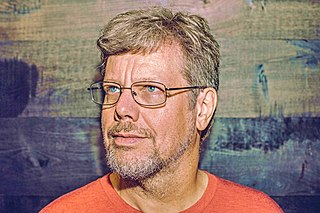A Quote by Jennifer Pahlka
If there's one thing government needs desperately, it's the ability to quickly try something, pivot when necessary, and build complex systems by starting with simple systems that work and evolving from there, not the other way around.
Related Quotes
As we build systems that are more and more complex, we make more and more subtle but very high-impact mistakes. As we use computers for more things and as we build more complex systems, this problem of unreliability and insecurity is actually getting worse, with no real sign of abating anytime soon.
The primary consequence of the computational nature of the universe is that the universe naturally generates complex systems, such as life. Although the basic laws of physics are comparatively simple in form, they give rise, because they are computationally universal, to systems of enormous complexity.
Wherever we find orderly, stable systems in Nature, we find that they are hierarchically structured, for the simple reason that without such structuring of complex systems into sub-assemblies, there could be no order and stability- except the order of a dead universe filled with a uniformly distributed gas.
I think the Scandinavian health systems are better when it comes to preventative care than the German system, because in the Scandinavian systems, the government is really more active in defining treatment, goals and defining health priorities. The German system is a competitive system with little government intervention. The price for this is that the government cannot set a health agenda. And the Scandinavian systems have little competition, so you often do have waiting lists. But on the other hand, you then have the government which can push for prevention.




































